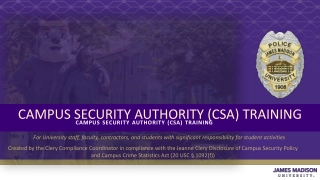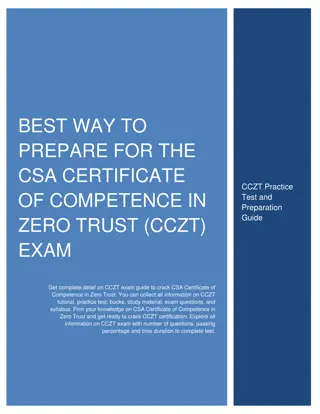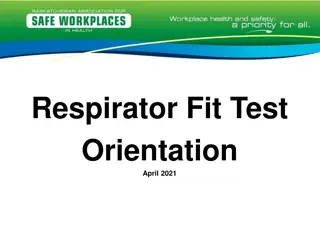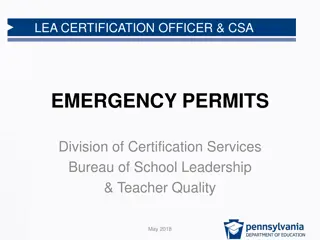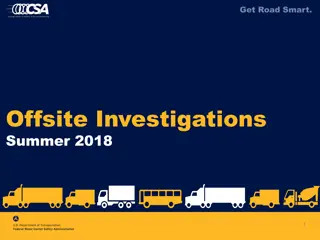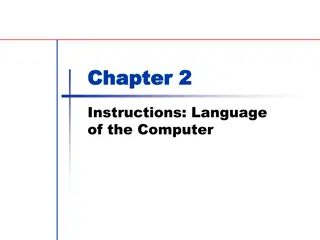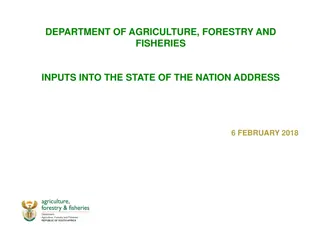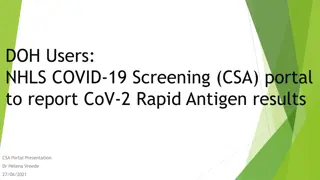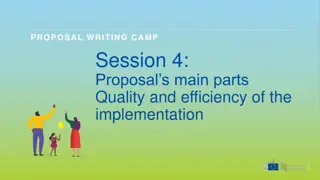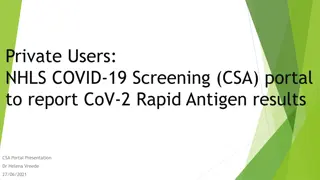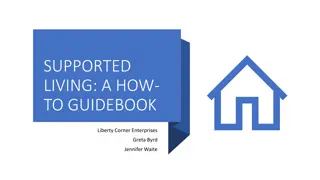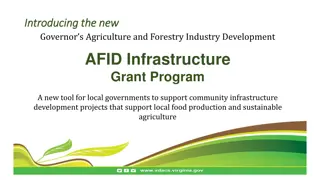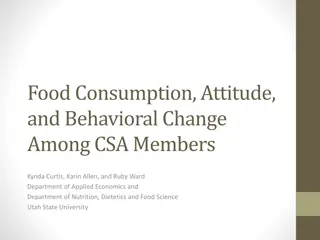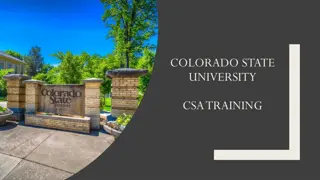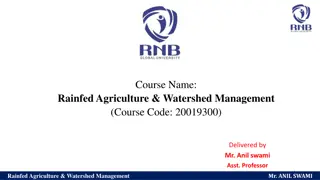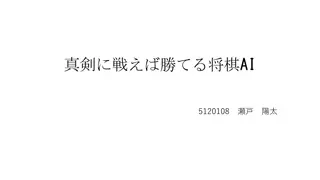Understanding Community Supported Agriculture (CSA) Operations
Community Supported Agriculture (CSA) is a direct partnership model where the risks, responsibilities, and rewards of farming are shared between producers and consumers. The CSA operation involves planning, signing agreements, crop planning, farm work, and communication with members. By actively engaging with the CSA process, members can influence produce range and stay informed about farm activities. Explore the human-centered relationship that underpins CSA operations from planning to farm news updates.
- Community Supported Agriculture
- CSA
- Farming Partnership
- Agriculture Operations
- Sustainable Agriculture
Download Presentation

Please find below an Image/Link to download the presentation.
The content on the website is provided AS IS for your information and personal use only. It may not be sold, licensed, or shared on other websites without obtaining consent from the author. Download presentation by click this link. If you encounter any issues during the download, it is possible that the publisher has removed the file from their server.
E N D
Presentation Transcript
Everyday operation How does a CSA work?
What is a CSA? Community Supported Agriculture (CSA) is a direct partnership based on the human relationship betweenpeople and one or several producer(s), whereby the risks, responsibilities and rewards of farming are shared, through a long term, binding agreement.
Ezt lecserlni angolra Operation of a CSA In a CSA the season usually starts in the spring and lasts till winter or nextspring. The seasonal or annual operation is like a circle, which starts with the planning and ends with the evaluation and renewal of the agreements.
1. Planning The farmer plans the season including the produce range,the finances, the number of members, the length of the season and the activities for thecommunity. TIPP If you give feedback toyour farmer, you can influence the produce range and influence the type ofproducts.
2. Signing theagreement Most CSAsoffer acontract or agreement outlining practical terms andarrangements,aswell asthe chief principlesand valuesof theCSA. TIPP Make sure to return the contract on time, withthis you can ensure your place for the season and the farmer doesn t have to chaseyou.
3. Crop planning Once the agreement is signed, the farmer finalizes the crop plan. This provides an overview of which vegetables will be includedin the season, when they will be planted and when they will be harvested. TIPP If youareintersted in the crop plan, ask your farmer to show it to youonthe farm visit.
4. Work on the farm The farmer grows the vegetables or other farm products usingthe agreed methods. Most CSAs follow the principles of agroecology, while some are certifiedorganic. TIPP If youvolunteer on the farm, youcan learn more about the vegetablesand how they areproduced.
5. News the farm The farmer sends news to members or coordinators fromthe farm, as well as the list of products before the weekly delivery. TIPP Make sure to follow the main communication channel of your community to avoid missingany importantnews.
6. Weekly delivery The farmer transports the shares to the delivery point at the agreedtime.Themembersgoto the delivery point to pickup their weeklyshare. TIPP Make sure to arrive on time and return your box or bag each week. If you can t pick up your share, ask an othermember to take itfor you.
7. Cooking at home The members cook from the weekly share. They usuallyshare recipes for unknown vegetables or otherfoods TIPP If you you meet a new vegetable, ask help from the other members howthey cook it and storeit.
8. Farmvisit Farm visits are organized for the members to learn aboutfarming, get to know the farmer and each other better. It often includes some voluntary work on thefarm. TIPP Don t miss the farm visits!They are great occasions to get to know your farmer, the other members, and if you like you can get your hands dirty by volunteering!
9. Evaluating the season Members can give feedback on the season, especially on the quality, diversity and quantity of vegetables or other products, delivery, communication. This is usually done using an online form. TIPP Don t miss the evaluation process, itis agreat way to give feedback to your farmer and coordination about the season and influence the next!
10. End of seasonmeeting The end of the season is marked by a meeting allowingmembers to review the results of the evaluation, plan the budget for the next season, and to select the deliverypoints. TIPP The evaluation meeting is a great occasion to learn how the whole community evaluated the season and share your ideas for the comingseason.
11. Renewing the agreement Members are contacted to see who would like to join for the new season. Based on how many existing members sign the new contract,the farmer will seeif the community needsto recruitnew members. TIPP If you have a friend who would like to join a CSA, tell her about yours orhelp her to find one close to her home or workplace.
Your responsibilities as a member CSA is built on a close partnership, in which both you and the farmer have certain tasks which ensure that this system is working smoothly. By responsibilities, you can help the farmer and the coordinator, who are often very busy. paying attention to your
Please dontforget pay ontime pick up your share ontime accept the specifics of theCSA return yourbox/bag follow thenews givefeedback evaluate theseason volunteer if youcan
Your CSA contact list: Name and number of yourfarmer: Name and number of yourcoordinator: Time and place of your delivery: Season start: Season end: Dates of the payments: Contact of a nearby member:
Publishedin 2021aspart of the Food&Moreinternational project that wasfundedby the European Union under the Erasmus+ programme and conducted in partnershipby: TVE,https://tudatosvasarlo.hu/ AMPI, https://www.asociaceampi.cz/ Fundacja EkoRozwoju (FER)http://fer.org.pl/ URGENCI,https://urgenci.net/ The European Commission s support for the production of this publication does not constitute an endorsementofthe contetnts,whichreflectsthe reviews onlyof the authors,andthe Commisioncannot be heldresponsibleforanyusewhichmaybe made of the informationcontainedtherein.



